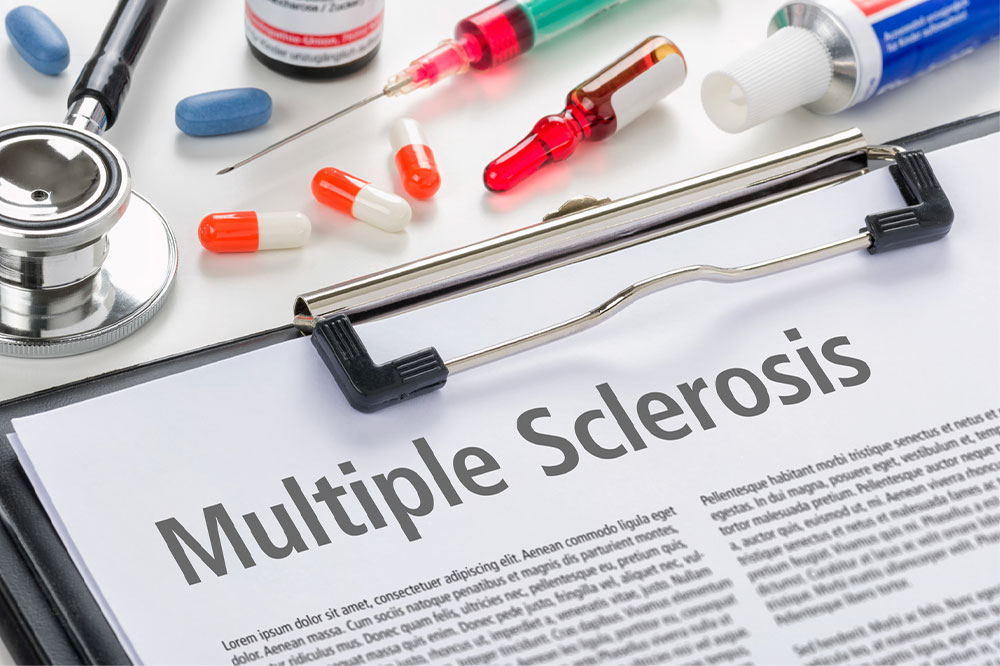
Health
Myelodysplastic syndrome – Symptoms, causes and management
Myelodysplastic Syndrome (MDS) is a severe and complex disorder wherein the blood stem cells do not fully mature into healthy blood cells. When the body is deprived of healthy blood cells, one may develop other health conditions like anemia, bleeding without reason, and frequent infections. MDS is a rare condition that affects around 4 out of 100,000 people in the country. Here are some of the common symptoms, causes, and treatments to manage MDS. What is Myelodysplastic syndrome? The bone marrow usually produces three types of healthy blood cells to keep the body functioning properly. These include red blood cells (RBCs) that carry oxygen, white blood cells (WBCs) to fight infections, and platelets to help the blood clot during an injury. Now, with MDS, this entire process is disrupted. The bone marrow either starts to make abnormal levels of blood cells or does not make enough of them, which leads to low blood cell counts. Types of Myelodysplastic syndrome There are six types of MDS, all divided according to the shape and characteristics of the blood cells- MDS with multilineage dysplasia (MDS-MLD)- Here, more than one type of blood cell is oddly shaped. MDS with single lineage dysplasia (MDS-SLD) – One of the three types of blood cells looks abnormal and is low in number.
Read More 













